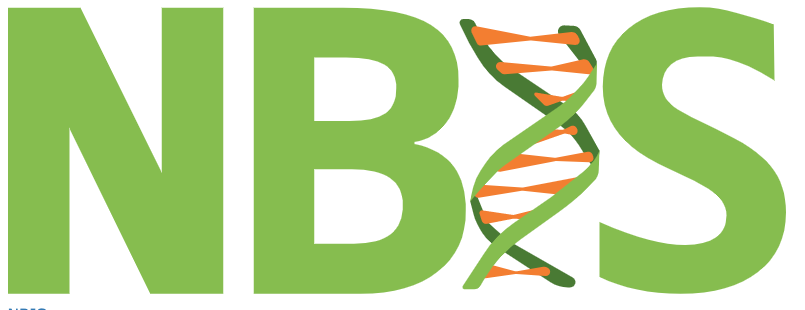 R Programming Foundations for Life Scientists, 2 hp
R Programming Foundations for Life Scientists, 2 hp
Date: 27 March - 1 April 2017
Course content
The course is addressed to life scientists with little or moderate experience in programming but enthusiastic about learning how to use R to make their work smoother and easier.
The course covers fundamental concepts of programming and software design focusing on programming in R. We will go through various aspects of R scripting with some more attention paid to the parts useful for life scientists. After introductory lectures on good programming practices, basic software design theory and a brief overview of R, we will delve into programming. We start by learning how to use R as a simple calculator, what are variable types, how to use data structures, how to implement repeating actions with and without loops, how to take actions based on certain condition. We gradually proceed to loading data, importing data from common file formats, we do some basic matrix algebra; learn how to perform basic statistical tests and how to visualize results.
We will also put stress on giving you tools to access help and information on R-related challenges and issues, we will spend some time on learning how to install external packages, how to find bugs and address common installation issues.
We also mention some more advanced topics and tell you more about BioConductor that is an invaluable tool for a computational biologist. You will also learn how to document your work and how to generate automatic reports. We try to illustrate all these concepts with some real-life examples and interesting lab tasks.
The course will be given by experienced computational biologists from SciLifeLab and Uppsala University. Dr. Marcin Kierczak responsible for the content of the course is an experienced R user/coder, who has previously developed R packages and has experience in teaching programming and R to different audiences.
Contact: jessica.lindvall@scilifelab.se
Activity log

 Sweden
Sweden
